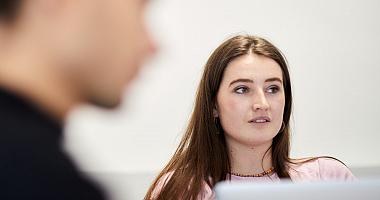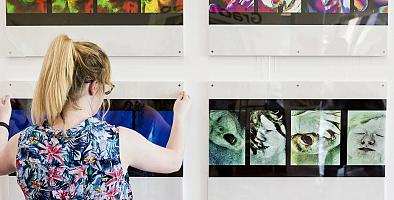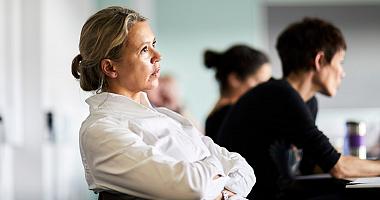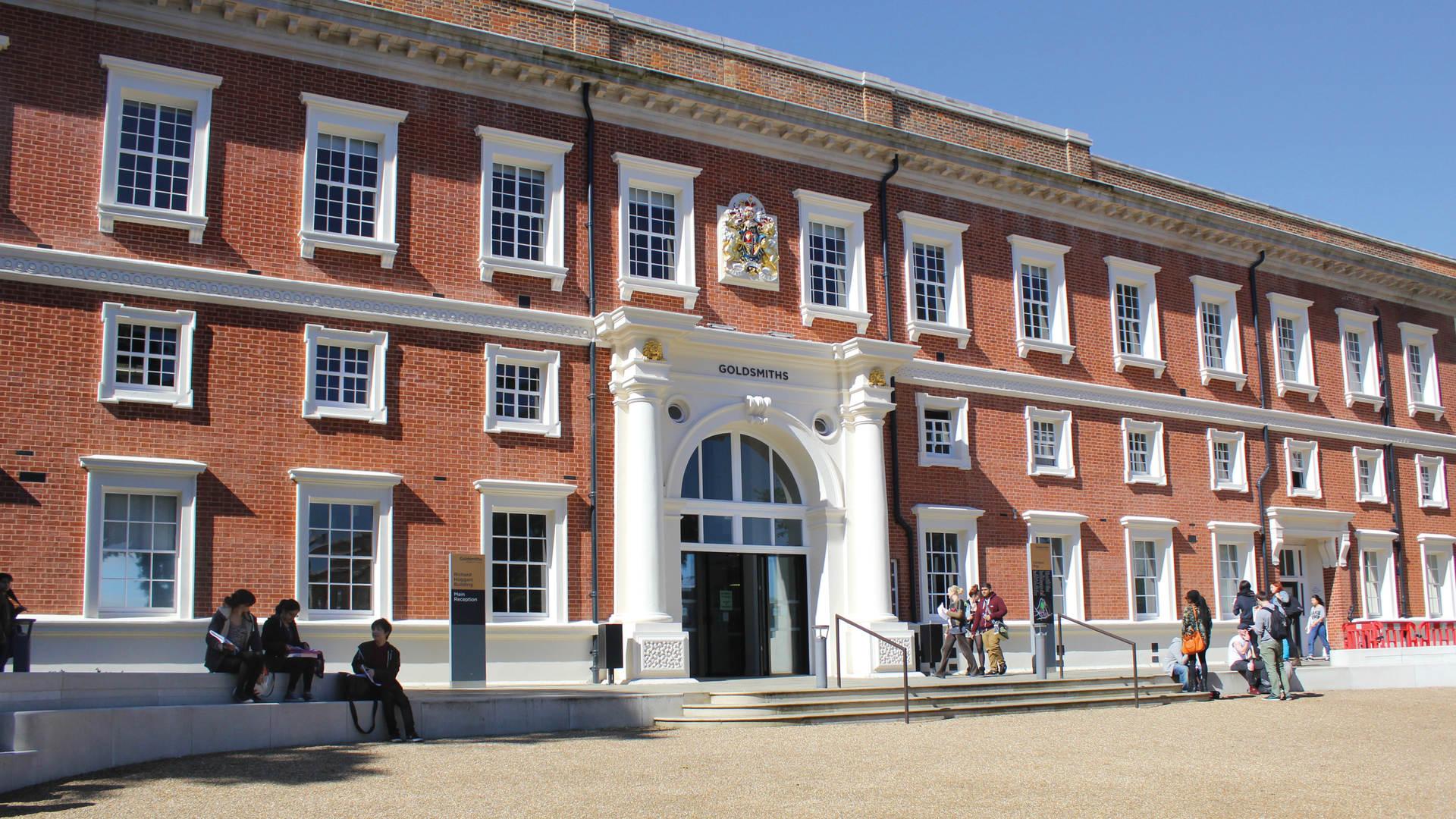Course information
Department
Length
3 years full-time or 4-6 years part-time
Course overview
This PhD will allow you to pursue research in dance movement psychotherapy.
For the MPhil/PhD in Dance Movement Psychotherapy, your research should usually combine a written thesis with practice-based elements.
Supervision
You'll have a primary supervisor in dance movement psychotherapy, and – depending on the focus of your research – you may have a second supervisor in another relevant department, for example Art, Educational Studies, Psychology, or Sociology.
You'll meet your supervisors regularly for discussion and guidance, and may also present your work in various research student groups and/or forums. To help you settle into the research community at Goldsmiths, you'll attend the Goldsmiths Research Methods Training Course.
Areas of research
Research supervision is currently available in the following areas:
- Dance movement psychotherapy theory, practice and research
- Cross-cultural issues, intersectionality and diversity practice as research
- Group work, community practice and working with specialist populations
- History and development of the profession in the UK and internationally
- Occupational choice, career development and role change of art therapists and art therapy trainees
- Embodied intersubjectivity and kinaesthetic empathy
- Critical disability studies
- Mental health, dementia, mothers and babies, working with children, forensics
- Eco-feminist, phenomenological, new materialist and post-humanist research methods
- Eco-psychology and the environmental body.
Find out more about research degrees at Goldsmiths.
Contact the department
If you have specific questions about the degree, contact Panagiotis Pentaris or Marina Rova.





